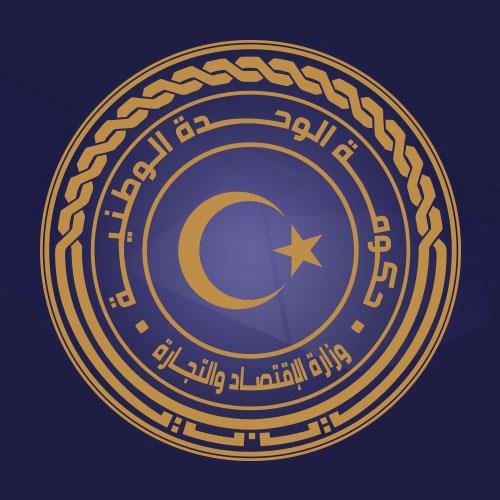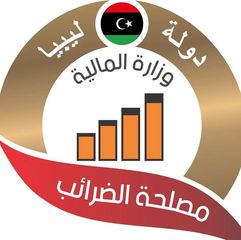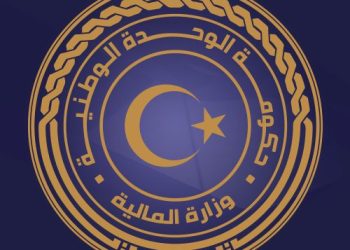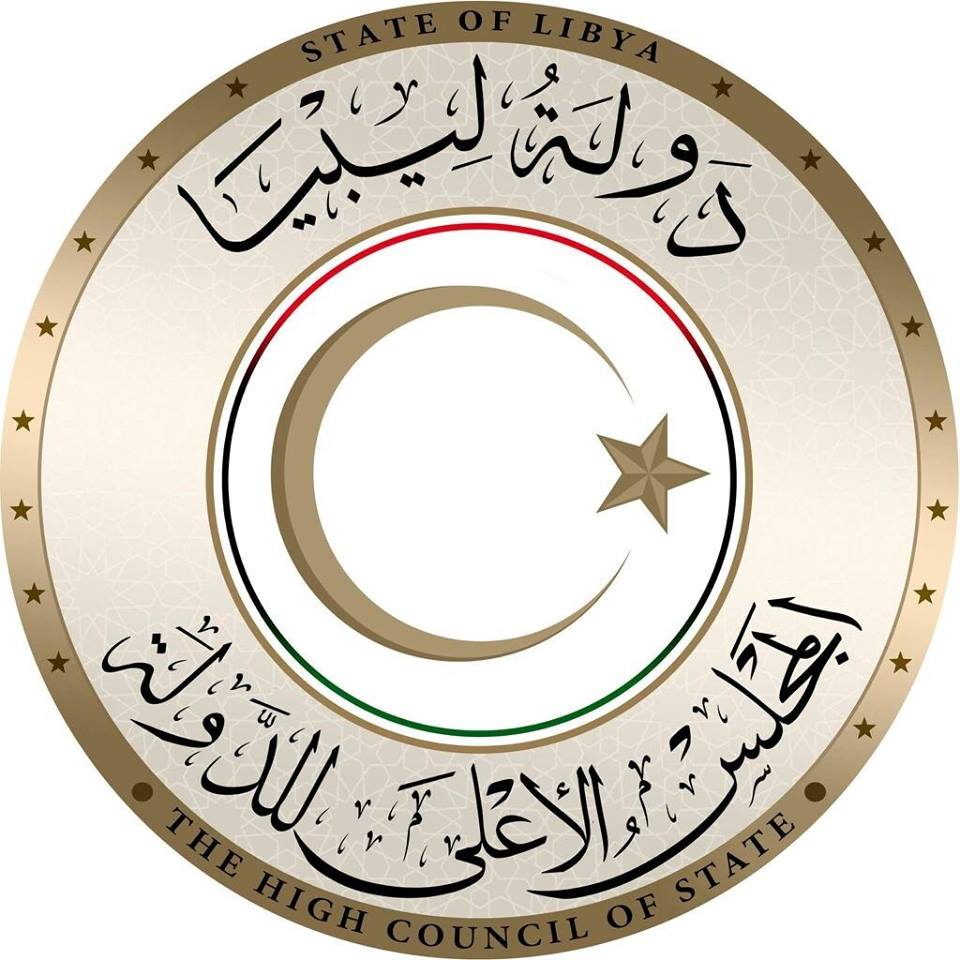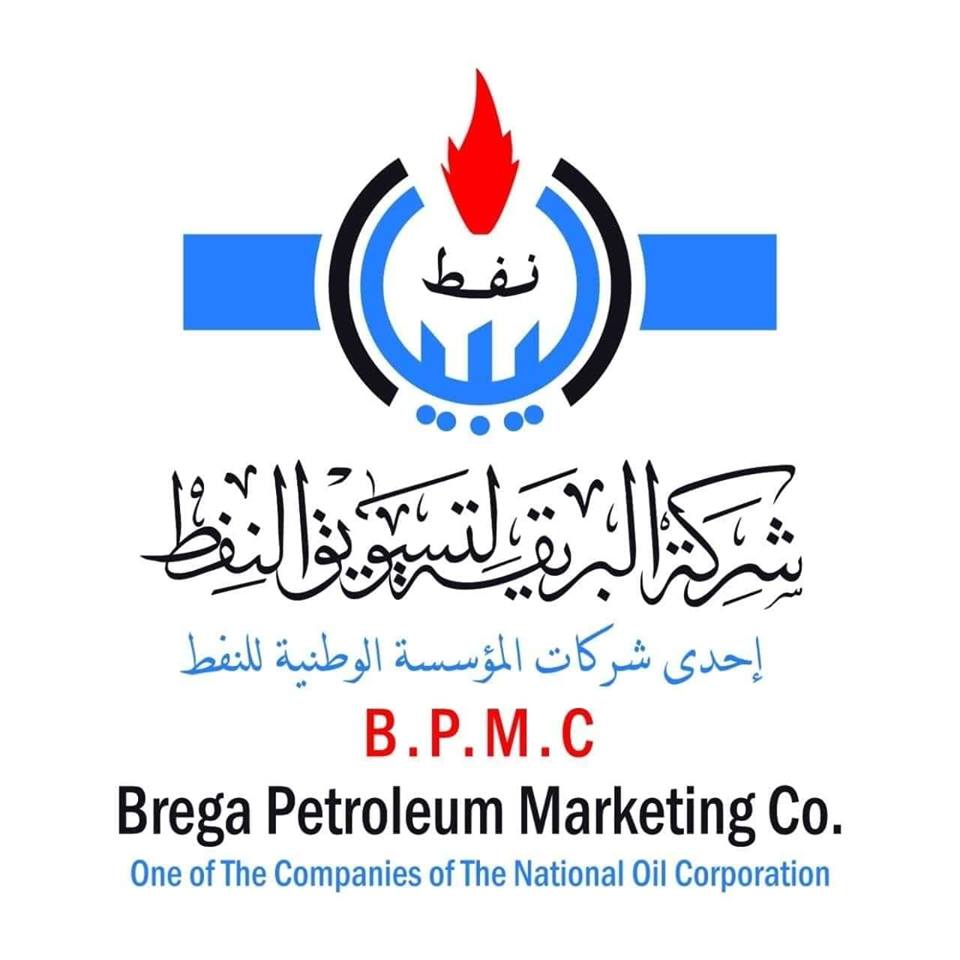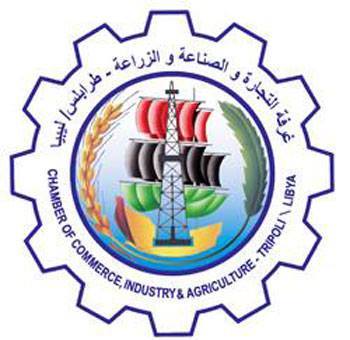The Minister of Economy and Trade, Mohamed Hwej, headed a meeting at his ministry yesterday to discuss the ministry’s follow up of the performance of the private sector and organizing commercial activities, in addition to developing electronic services with the aim of facilitating procedures and all transactions for the public.
The minister stressed the importance of strengthening cooperation with the Ministries of Industry and Minerals and the Ministry of Agriculture and Livestock, and setting a joint vision of action in coordination with the Libyan Industry Union (LIU) and the Chambers of Commerce to develop the trade, industry, investment and agricultural sector to achieve diversification and economic integration.
Diversification away from hydrocarbons
Commenting on the meeting that he participated in, and its results, the Director of the Investment and Private Sector Development Department at the Ministry of Economy, Musa Al-Zoubaik, told Libya Herald that the meeting discussed the issue of diversifying the Libyan economy and reducing dependence on oil as a solution to the recurring economic crises.
Short-term government spending, consumer spending
He added that local statistics indicate that investment spending is deliberately directed through short-term government policies to less productive channels, or in another sense, exaggerated consumer spending and thus less return on spending, which leads to a decline in the total production of the state.
Better directed investment, better return on investment
Al-Zoubaik said that the macro-economy needs diversified sources of income to avoid the negative impact of economic cycles, inflation phenomena, and the collapse of commodity prices on which there is great dependence in the economy. Therefore, this meeting discussed how to develop superior studies for economic diversification plans to avoid waste that could occur in investment and return.
North African tourism model too narrow
Referring to what North African countries faced in the eighties, such as Egypt, Tunisia, and Morocco for example, to diversify their economies towards tourism, Al-Zoubaik said it became clear at the present time the lack of success of this model. He said the diversification model relied on a specific type of income source.
Several diversification models reviewed
Therefore, he revealed, the ministry’s meeting focused on presenting several models of diversifying sources of income that can be relied upon and invested in, especially with the scientific development that made the use of many resources an easy thing, and Libya possesses a huge and inexhaustible stock of these economic sources.
Downstream hydrocarbon development added value
Al-Zoubaik emphasized that thinking about expanding oil industries such as refining, or petrochemicals remains an option. But he said there is a need for the private sector to participate in investing money in such large projects that depend mainly on oil, which is currently the only source of income in Libya, but with the establishment of transformational industries on it, it will become on its own an added value to the Libyan economy.
Information Technology
Al-Zubaik believes that there is another field, which is the field of information technology. This sector is promising and is very suitable for Libyan society, which has a low population density. However, it needs to direct large investments into two axes. The first is the focus of training and education towards this field, and the second is the focus of infrastructure in communications.
Project to set out strategy of Libya’s economic diversification launched (libyaherald.com)
Expertise France hails its five diversification projects in Libya (libyaherald.com)
Economic diversification programme backed by EU and France to be launched Monday (libyaherald.com)
Economic diversification conference opened today in Tripoli (libyaherald.com)
